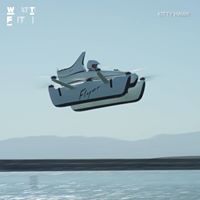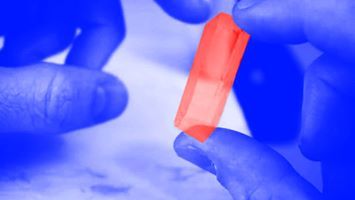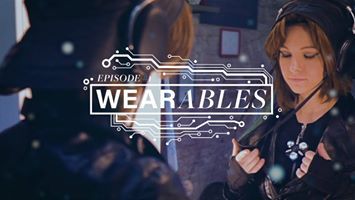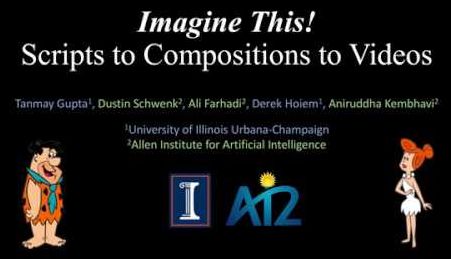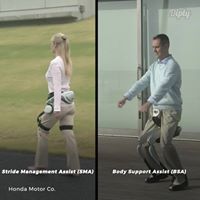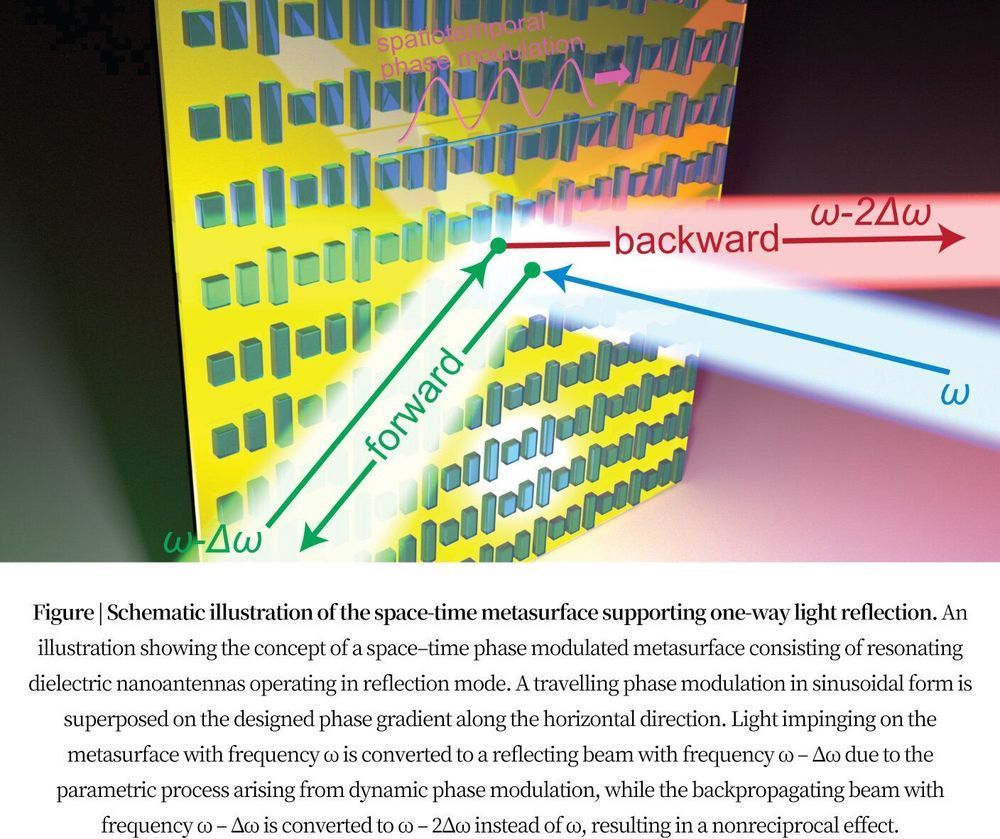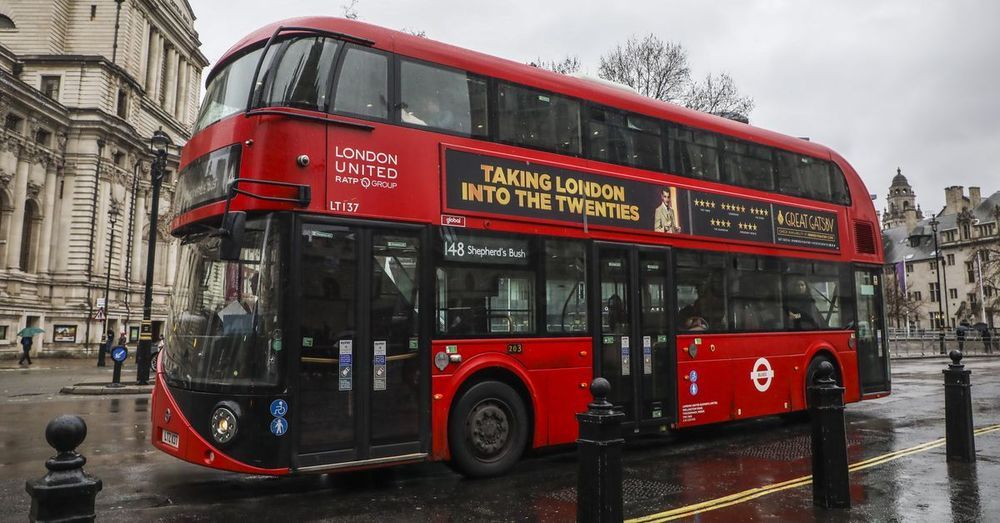Page 8111
Dec 21, 2019
A near indestructible gel made of mostly air
Posted by Shailesh Prasad in category: futurism
Dec 21, 2019
What started as a small-scale project grew to become a ‘cyber suit’, with life-changing potential.😯
Posted by Shailesh Prasad in category: futurism
Dec 21, 2019
AI creates ‘Flintstones’ cartoons from text descriptions
Posted by Shailesh Prasad in category: robotics/AI
Dec 21, 2019
ESA’s CHEOPS Just Launched. We’re About to Learn a LOT More About Exoplanets
Posted by Genevieve Klien in category: space
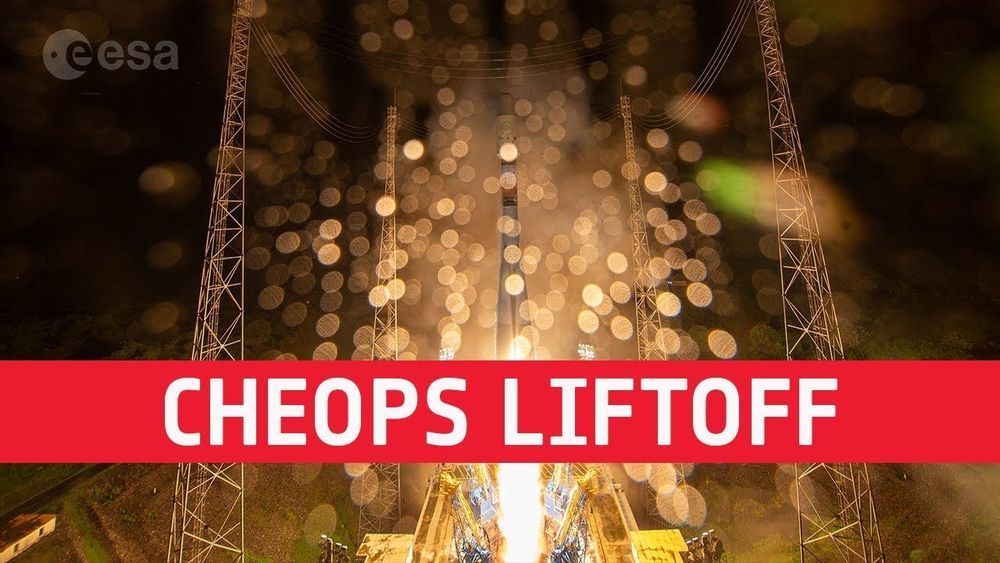
The CHEOPS mission is underway. On December 18th, the exoplanet-studying spacecraft launched from Europe’s Spaceport in Kourou, French Guiana aboard a Soyuz-Fregat rocket. Initial signals from CHEOPS show that the launch was a success.
CHEOPS stands for the Characterizing Exoplanet Satellite. It’s a partnership between ESA and Switzerland, with 10 other EU states contributing. Its mission is not to find more exoplanets, but to study the ones we already know of.
Continue reading “ESA’s CHEOPS Just Launched. We’re About to Learn a LOT More About Exoplanets” »
Dec 21, 2019
The immune system listens in on bacteria signaling to each other
Posted by Genevieve Klien in category: biotech/medical
Dec 21, 2019
Space-time metasurface makes light reflect only in one direction
Posted by Quinn Sena in categories: physics, space travel
Light propagation is usually reciprocal, meaning that the trajectory of light travelling in one direction is identical to that of light travelling in the opposite direction. Breaking reciprocity can make light propagate only in one direction. Optical components that support such unidirectional flow of light, for example isolators and circulators, are indispensable building blocks in many modern laser and communication systems. They are currently almost exclusively based on the magneto-optic effect, making the devices bulky and difficult for integration. A magnetic-free route to achieve nonreciprocal light propagation in many optical applications is therefore in great demand.
Recently, scientists developed a new type of optical metasurface with which phase modulation in both space and time is imposed on the reflected light, leading to different paths for the forward and backward light propagation. For the first time, nonreciprocal light propagation in free space was realized experimentally at optical frequencies with an ultrathin component.
“This is the first optical metasurface with controllable ultrafast time-varying properties that is capable of breaking optical reciprocity without a bulky magnet,” said Xingjie Ni, the Charles H. Fetter Assistant Professor in Department of Electrical Engineering at the Pennsylvania State University. The results were published this week in Light: Science and Applications.
Dec 21, 2019
Japan will build the world’s largest neutrino detector
Posted by Shailesh Prasad in category: particle physics
Cabinet greenlights US$600-million Hyper-Kamiokande experiment, which scientists hope will bring revolutionary discoveries.
Dec 21, 2019
London’s electric buses are getting fake noise, and it’s positively psychedelic
Posted by Shailesh Prasad in categories: law, sustainability, transportation
From next year, some of London’s electric buses will play artificial noise while traveling at low speeds, and the specific sound that’s been created for them is an ambient treat for the ears. The noise was created by Zelig Sound, which has been working with Transport for London on the audio over the past year.
The sound is being introduced in response to a new EU law which stipulates that all electric vehicles will eventually need to produce artificial noise while traveling at low speeds, to make up for the lack of noise from their internal engines. If you can’t hear a vehicle, then you’re not as aware of its presence, and research suggests pedestrians are more likely to be hit by electric or hybrid cars as a result.
Wired reports the base note is a soft F#maj7 chord, with a slight pulsing sound in the background. This is what gets played when a bus is stationary:
